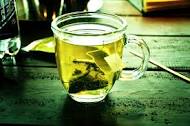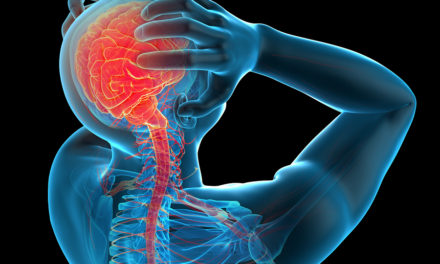In a double-blind, placebo-controlled study published in the Scandinavian Journal of Gastroenterology (1982;17:517-521), 50 control subjects were given a placebo and 47 subjects were given silymarin. All of the subjects had slight sub-acute or acute liver disease (induced by alcohol in most cases).Over the four week course of the study, the group receiving the silymarin had a significant reduction in ALT and AST (enzymes used to measure liver damage) when compared to the control group. There was also a reduction in serum biliruben, but it was not statistically significant. Also, the liver cells of the group receiving the supplement normalized, showing less damage.
Research appearing in the journal Medical Science Research (1995;23:31-33) followed 27 patients who were treated for cirrhosis of the liver. The patients had ALT and AST levels (enzymes used to measure liver damage) that were between two and 10 times normal. The patients were divided into two groups. The patients were divided into two groups and were given 600 mg/day of ursodeoxycholic acid (a drug made from bile acids) or 420 mg/day of silymarin. Each patient was given the treatments according to a crossover design with an interval of one month between the six months of treatment. Patients were examined during the 3rd, 6th, 7th, 10th and 13th months. Both substances were able to reduce ALT and AST levels, showing a reduction in the death of liver cells (an overall 15-43% reduction during the two years of the study).
Swedish researchers reviewed 47 studies, involving over 10,000 people. The studies, published between 1983 and 2003; 1200 of the subjects had preclinical Alzheimer’s disease and eventually developed the disease and 9,000 of the subject s were healthy. The research appeared in the July 2005 issue of the journal Neuropsychology. The researchers noticed that cognitive problems in the patients who eventually developed preclinical Alzheimer’s disease appeared early, before they are actually diagnosed with the disease.






